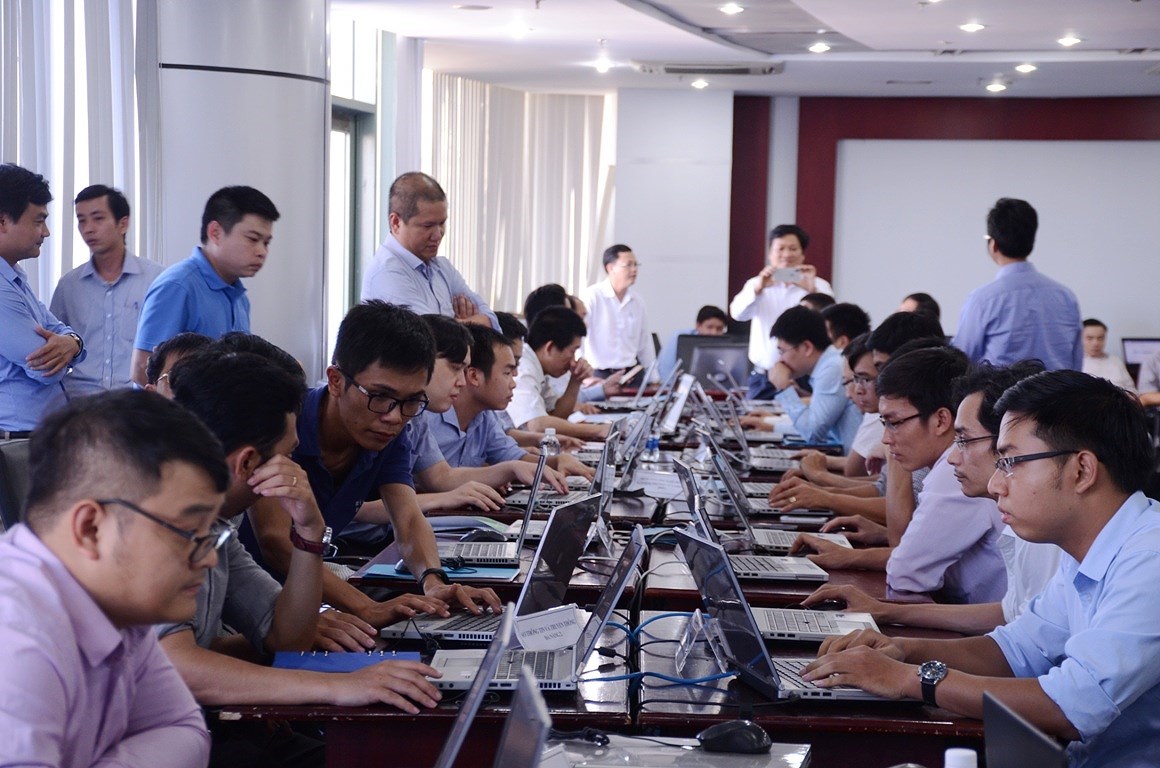Vietnam reinforces human resources for information security tasks
At Vietnam Security Summit 2019 which took place in mid-April 2019, Minister of Information and Communication Nguyen Manh Hung said Vietnam would announce a national digital transformation strategy in 2019.

Hung emphasized that cybersecurity is vital to successfully implement the transformation.
Curently, Vietnam has CERTs in charge of coordinating rescue activities in emergencies across the country and giving warnings about computer network safety issues. These include VNCERT, the first rescue team established in 2005 under the PM’s Decision No 339, put under the control of MIC.
Some years later, MIC released a decision, stipulating that ministries, branches, government agencies and large corporations have to join the rescue network, establish CERT centers in provinces/cities, and connect the centers.
Some years later, MIC released a decision, stipulating that ministries, branches, government agencies and large corporations have to join the rescue network, establish CERT centers in provinces/cities, and connect the centers.
Meanwhile, only Viettel, CMC and FPT have CERTs.The model was designed in accordance with a Japanese one under which there is a national CERT and many other CERTs belonging to ministries, branches and large enterprises. The CERTs protect the systems of their own and they may provide services to protect the systems of other enterprises.
The emergency response network now comprises over 130 members, but they, experts say, are unconnected and unprofessional. There are only three ministries which have divisions in charge of information security, including MIC, Ministry of National Defence and Ministry of Public Security.
According to Le Quang Minh from the IT Institute, an arm of the Hanoi National University, many ministries and branches don’t have the human resources to develop such CERTS. They only have IT centers which include information security divisions, while the number of workers in charge of emergency response is modest.
In 2014, the PM released Decision 99 approving the plan on training and development the human resources for information security by 2020 (Plan 99), under which 300 lecturers and researchers would be sent abroad to long-term courses for master’s degrees and doctorates in information security, and 1,500 information security officers would be sent to short-term training courses abroad.
Vietnam would also produce 2,000 workers with university and postgraduate education levels in information security. Domestic short-term training courses would be organized for 10,000 officers at state agencies.
Vietnam now has nine key information security training establishments.
Plan 99 says training establishments can create projects on upgrading research and training quality worth VND35 billion. However, according to Minh, such investment has not been implemented in the last five years.
Vietnam now has nine key information security training establishments.
Plan 99 says training establishments can create projects on upgrading research and training quality worth VND35 billion. However, according to Minh, such investment has not been implemented in the last five years.
Nguồn: Vietnamnet
